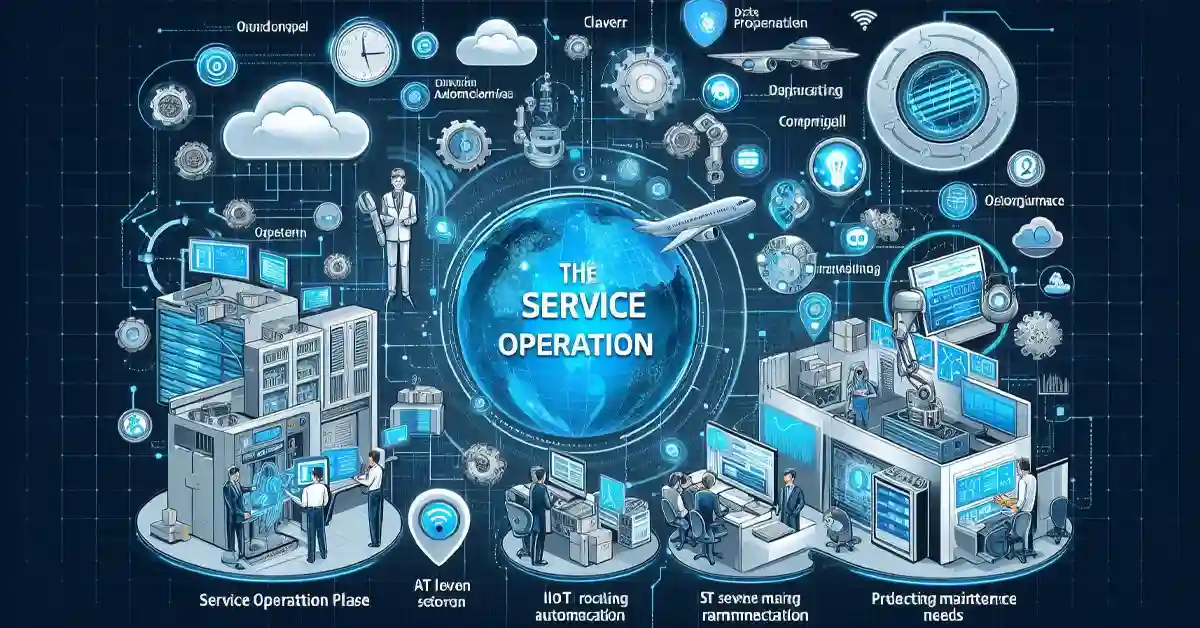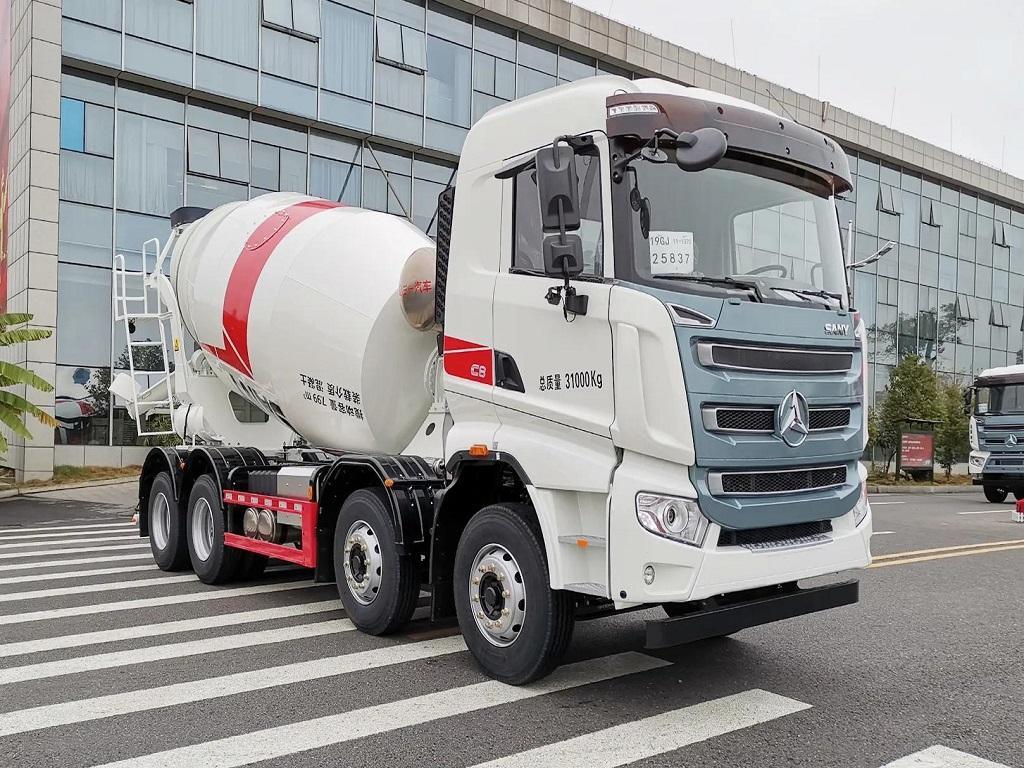In the constantly evolving world of technology, its impact on service operations is undeniable. With every new innovation, tech enthusiasts and professionals seek to understand how these advancements can streamline processes, improve efficiency, and ultimately support the service operation phase. It’s not just about staying ahead—it’s about leveraging technology to foster growth and sustainability.
What areas can technology help to support during the service operation phase? This question is essential as businesses increasingly rely on technological developments to manage their services better. From customer service improvements to operational efficiencies, technology plays a pivotal role in shaping the future of service operations.
Understanding the benefits and impacts of integrating technology into service operations is crucial. Technology helps reduce costs, enhance customer experiences, and ensure seamless operations. Let’s explore how various tech tools and innovations contribute to improving service operations.
Which of the following areas would technology help to support during the service operation phase?
Technology supports several areas during the service operation phase, including customer service, data management, workflow automation, performance monitoring, and predictive maintenance.
Enhancing Customer Service with Technology
Customer service is the backbone of any service operation. Technology innovations such as AI-powered chatbots and CRM systems streamline customer interactions, providing quick and accurate responses to queries. These tools not only reduce wait times but also enhance customer satisfaction by offering personalized services.
Improving Data Management
Data is the new oil, and managing it effectively is key to successful service operations. Technology development in data management tools allows businesses to collect, store, and analyze data efficiently. Platforms like cloud storage and big data analytics provide valuable insights, helping companies make informed decisions.
Workflow Automation for Efficiency
Automation is revolutionizing service operations by eliminating repetitive tasks. Software innovations like robotic process automation (RPA) and AI-driven tools automate routine processes, allowing employees to focus on more strategic activities. This not only boosts productivity but also minimizes errors.
Performance Monitoring and Analysis
Monitoring performance is vital for continuous improvement. Advanced technology solutions like IoT sensors and performance analytics tools enable real-time monitoring of operations. These tools provide actionable insights, helping businesses optimize their processes and enhance overall efficiency.
Predictive Maintenance with AI
Predictive maintenance uses AI and machine learning to forecast potential equipment failures before they occur. This proactive approach minimizes downtime and extends the lifespan of machinery, ensuring smooth service operations. Technologies like IoT and advanced analytics play a crucial role in predictive maintenance.
Enhancing Communication and Collaboration
Effective communication is essential for seamless service operations. Modern technology solutions such as unified communication platforms and collaboration tools enable teams to work together efficiently, regardless of their location. These tools foster collaboration, improve information sharing, and enhance team productivity.
Streamlining Supply Chain Management
Supply chain management is a critical component of service operations. Technology innovations like blockchain and AI improve supply chain transparency, traceability, and efficiency. These tools help businesses manage their inventories better, reduce lead times, and enhance overall supply chain performance.
Leveraging Cloud Computing
Cloud computing offers scalable and flexible solutions for service operations. By migrating to the cloud, businesses can access their data and applications from anywhere, at any time. This not only enhances operational agility but also reduces IT costs and improves data security.
Implementing Cybersecurity Measures
With the increasing reliance on technology, cybersecurity has become paramount. Implementing robust cybersecurity measures ensures the protection of sensitive data and maintains the integrity of service operations. Technologies like encryption, firewalls, and AI-driven security solutions help safeguard against cyber threats.
Enhancing Workforce Management
Managing a workforce effectively is crucial for successful service operations. Technology tools like workforce management software and AI-driven scheduling systems optimize employee schedules, track performance, and ensure efficient resource allocation. These tools enhance productivity and improve employee satisfaction.
Utilizing Augmented Reality (AR) and Virtual Reality (VR)
AR and VR technologies are transforming service operations by providing immersive training and support. These tools enable employees to gain hands-on experience in a virtual environment, reducing training costs and enhancing skill development. AR and VR also facilitate remote support, improving service efficiency.
Adopting Mobile Technology
Mobile technology plays a significant role in modern service operations. Mobile apps and devices enable employees to access information, communicate, and perform tasks on the go. This flexibility enhances operational efficiency and ensures timely service delivery.
Integrating Artificial Intelligence (AI)
AI is a game-changer in service operations. From predictive analytics to customer service chatbots, AI-driven solutions optimize various aspects of operations. AI enhances decision-making, automates processes, and provides valuable insights, driving overall efficiency.
Implementing the Internet of Things (IoT)
IoT technology connects devices and systems, enabling real-time data collection and analysis. In service operations, IoT solutions monitor equipment, track inventory, and optimize resource utilization. This connectivity improves operational visibility and enhances service delivery.
FAQs and Answers
How does technology improve customer service during the service operation phase?
Technology enhances customer service by providing AI-powered chatbots and CRM systems that offer quick and personalized responses to customer queries.
What role does data management play in service operations?
Effective data management allows businesses to collect, store, and analyze data efficiently, providing valuable insights for informed decision-making.
How does workflow automation benefit service operations?
Workflow automation eliminates repetitive tasks, boosting productivity, minimizing errors, and allowing employees to focus on strategic activities.
How does predictive maintenance support service operations?
Predictive maintenance uses AI to forecast potential equipment failures, minimizing downtime and extending the lifespan of machinery.
Why is cybersecurity important in service operations?
Cybersecurity measures protect sensitive data and maintain the integrity of service operations, safeguarding against cyber threats.
Conclusion
Technology is reshaping the landscape of service operations, bringing efficiency, cost savings, and enhanced customer experiences. By leveraging advancements in AI, data management, automation, and more, businesses can optimize their service operations and stay competitive. If you’re ready to integrate technology into your service operations, start exploring the tools and innovations that best suit your needs. Remember, the future of successful service operations lies in the smart adoption of technology.










